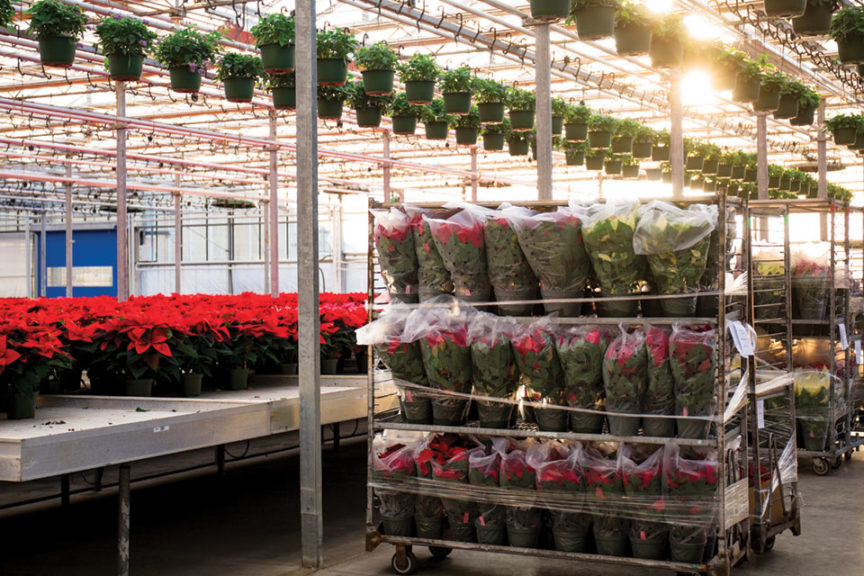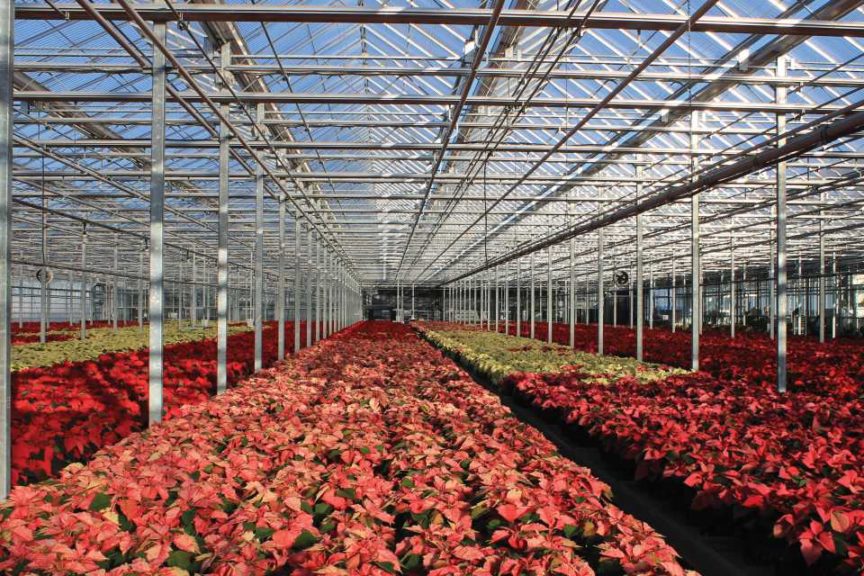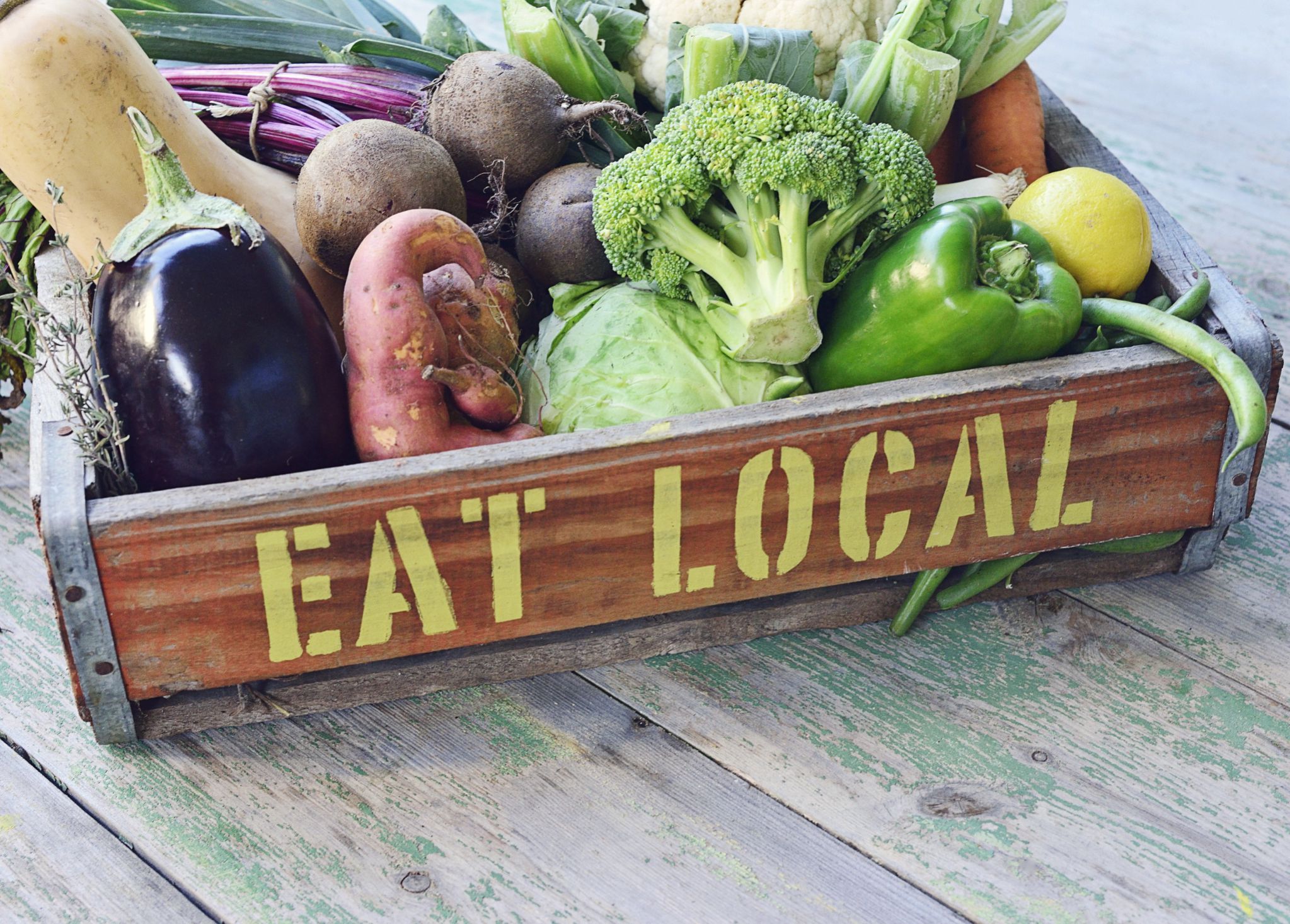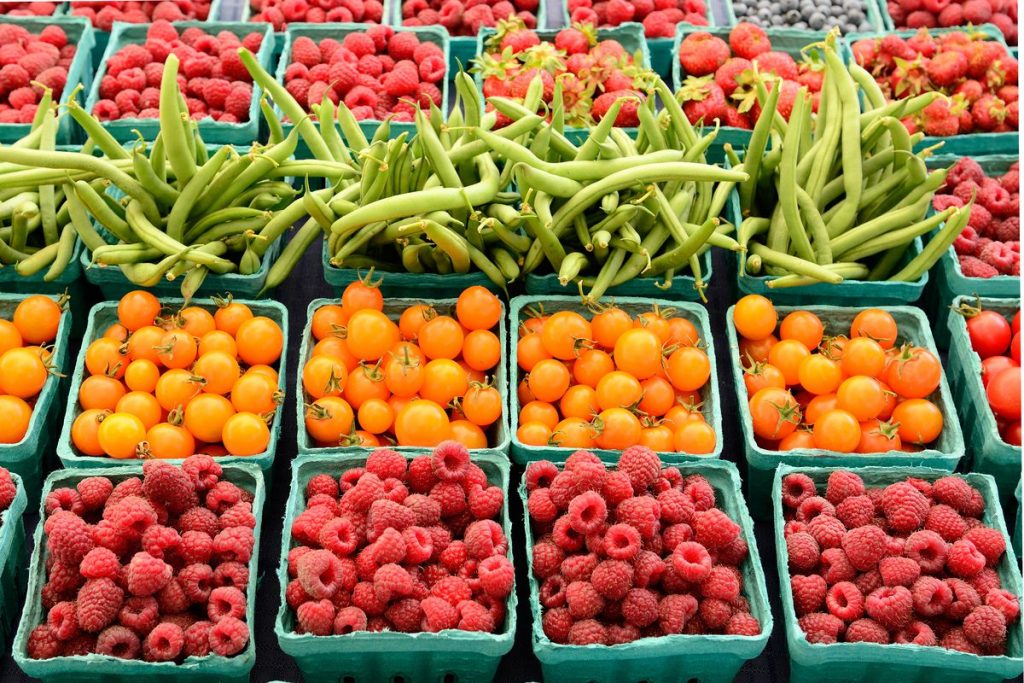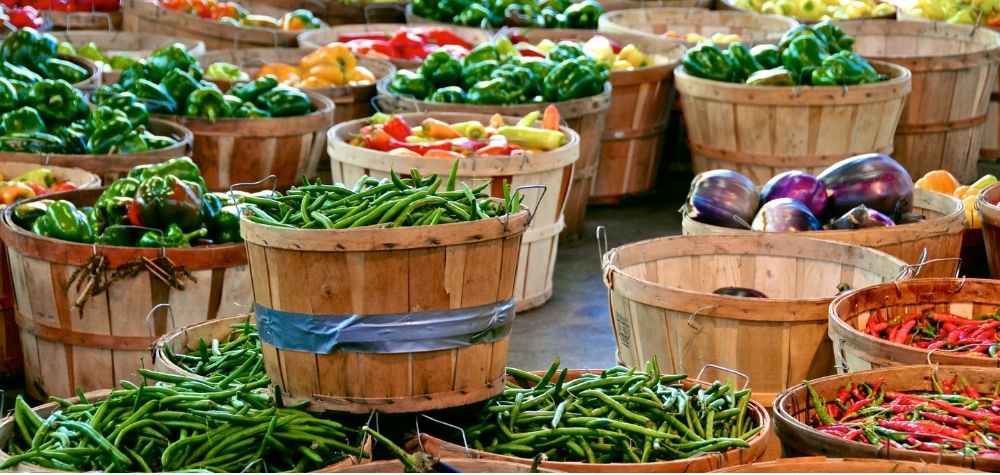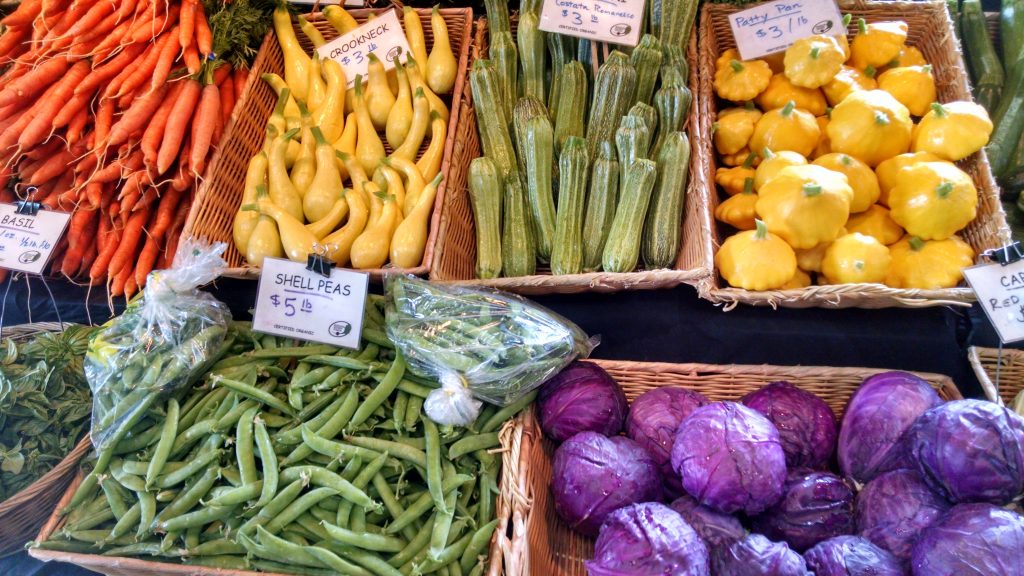Metro Detroit is home to many limo and party bus rental companies like Party Bus Rental Detroit MI. If you’ve ever taken a road trip by car, you know how frustrating it can be. You may get cut off or get lost, or you’ve been paying ridiculous parking fees in downtown Detroit. But all of these problems are gone when you rent a party bus or limo. Read on to learn more about party bus rentals in Metro Detroit.
Luxury party bus rentals
If you are planning a large-scale event in the Metro Detroit, Michigan, you might want to consider hiring a luxury party bus. These buses can accommodate up to 40 passengers and are a convenient way to travel to the party location. Not only are they luxurious, but they also come at a price that is affordable for most people. Below are some of the advantages of hiring a party bus in Detroit. Here’s why!
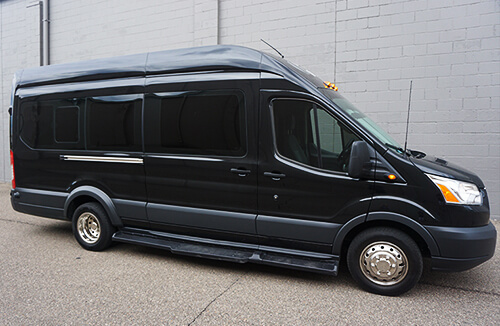

When it comes to affordability, Detroit has some of the best deals in luxury group travel. Depending on the type of bus, how many passengers, and the duration of the event, the costs will vary. There are several factors to consider when deciding which limousine is right for you. However, there are a few things to consider when comparing prices between Detroit party bus rentals. The first consideration is size. A large party bus can fit more passengers than a normal limousine.
Affordable rates
There are many limousine and party bus rental companies in Metro Detroit. However, you may not want to drive your group through the city, dealing with traffic and getting cut off. You might also be tired of paying ridiculous parking fees downtown. Instead, opt for a party bus rental in Detroit. These companies offer the latest models of limos and party buses, including BMW, Chrysler 300, Cadillac Escalade, Lexus, Hummer, and Ford Excursion.
When booking your Detroit, MI party bus rental, you should consider the day and time you need the service. For example, if you only need the party bus for a few hours, you can negotiate for a lower rate if you are only going for one or two hours. Also, remember to check the time of day and ask for a discount if you are not planning on staying the whole day.
Wide range of options
Whether you’re throwing a bachelor party, a birthday party, or a business event, you’ll find a variety of options for your Detroit MI party bus rental. From a standard model to a limo, party buses for rent in Detroit come in all shapes and sizes. You can even customize your ride with a dance pole, a mini bar, and modern sound systems.

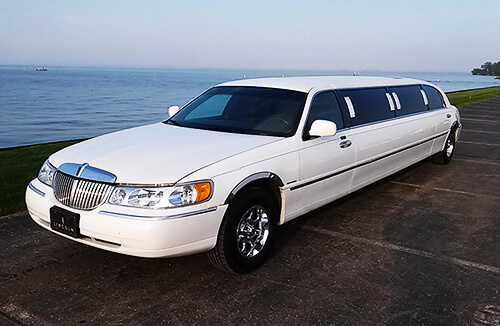
Many people search for a party bus in Detroit, MI, so you may find yourself overwhelmed with choices. Before deciding on which one to hire, ask about the age of the bus. Party bus complaints usually revolve around a bus that’s outdated and not very comfortable. Many companies operate with old buses that don’t have air conditioning or heat, so make sure to check the bus’s age before making a reservation.
Professional chauffeurs
If you’re looking for a great way to celebrate a big occasion with friends or family, hire a party bus in Detroit, MI. Detroit party bus rental companies employ professional chauffeurs and offer top-notch service. They can cater to a wide variety of needs, including sporting events, casino trips, birthdays, prom, graduation, and more. Read the reviews to find out what customers have to say.
Party buses are a fun, comfortable, and luxurious way to travel in Detroit. These vehicles can carry as many as 40 people. Detroit party bus service professionals will take you to all of the city’s hot spots and safely take you home at the end of the night. If you’re celebrating a big event or birthday, a party bus is an excellent option for transporting everyone to the destination.

